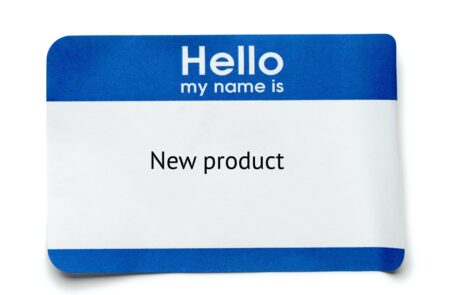
Are your clients willing to speak for you?
When your clients are willing to speak for you, it builds trust and credibility in your brand. Even better, it can generate leads that turn into revenue. It’s one of the most treasured marketing tactics.
Yet many organizations have trouble getting their clients to speak for them. Here are some of the reasons clients hesitate to speak for their vendors and partners:
- Their legal departments won’t let them. The folks in Legal have many responsibilities, and one of the biggest is to protect the organization. To that end, speaking for vendors and partners can be seen as endorsing their company. If anything were to go wrong in the relationship afterwards, it could be legally tough to pursue recourse from a company your organization endorsed.
- They don’t want to speak for all their vendors. Many clients are afraid that if they speak for one vendor or partner, then all their other vendors and partners will beat down their door asking for testimonials and references too. This is obviously an issue because not all vendors are the same, nor do they all perform with the same level of quality and service. It can be easier for clients to say no to everyone so they don’t have to deal with the hassle of turning down multiple requests, which can drain their time and energy.
- They’re wary about the time and effort required. Most people are busy with demanding schedules, and clients may feel the result will not be worth it.
- They’re nervous. Speaking for vendors often requires participating in a video, giving a presentation, or speaking directly to their prospects. Those activities can make people nervous if they’re not comfortable on video or speaking in public, or if they’re not sure they’ll know all the answers to the questions the prospective client might ask.
While it can be tough to overcome these challenges, there are tactics you can use to get your clients to speak for you. Before you ask them though, make sure you’ve done two critical things:
- Built strong relationships, and
- Delivered exceptional results.
If you don’t have strong relationships with your clients and/or haven’t met (or hopefully exceeded) their expectations, then don’t bother asking them to speak for you.
If you have delivered results and have great relationships, then here are some tactics you can use to get clients to agree to speak for you:
- Ask at the right time. Clients are more likely to agree to work with you when they’re happy with your relationship. Asking right after completing a well-executed project or when your client gives you a high customer satisfaction (CSAT) score can increase your chances of getting them to say yes.
- Make it about them. Clearly explain the benefits to your client. Providing a case study or testimonial can showcase your client’s success and even attract new business for them.
- Make it easy for your client. Handle all the logistics, and even write the first draft of their talking points. Save them as much time as possible during the process.
- Provide examples. When you show your clients how previous case studies and testimonials have raised profiles and showcased success and thought leadership, it may help your client see the value of saying yes.
Clients often hesitate to speak for their vendors and partners, but if you ask at the right time and show value, you can your get clients to speak for you.
Have questions about marketing and communications? Get answers weekly or email me at ariana@crystalclearcomms.com.





